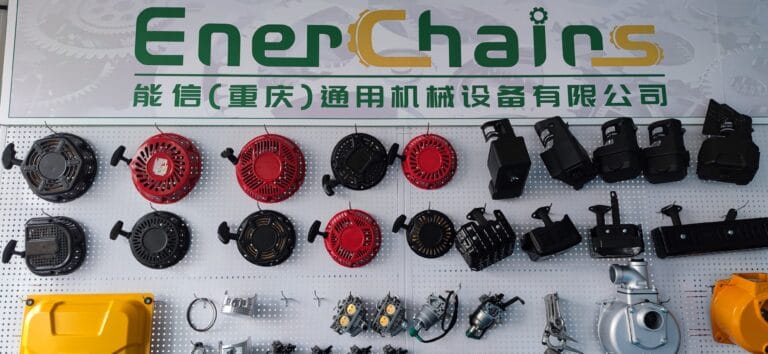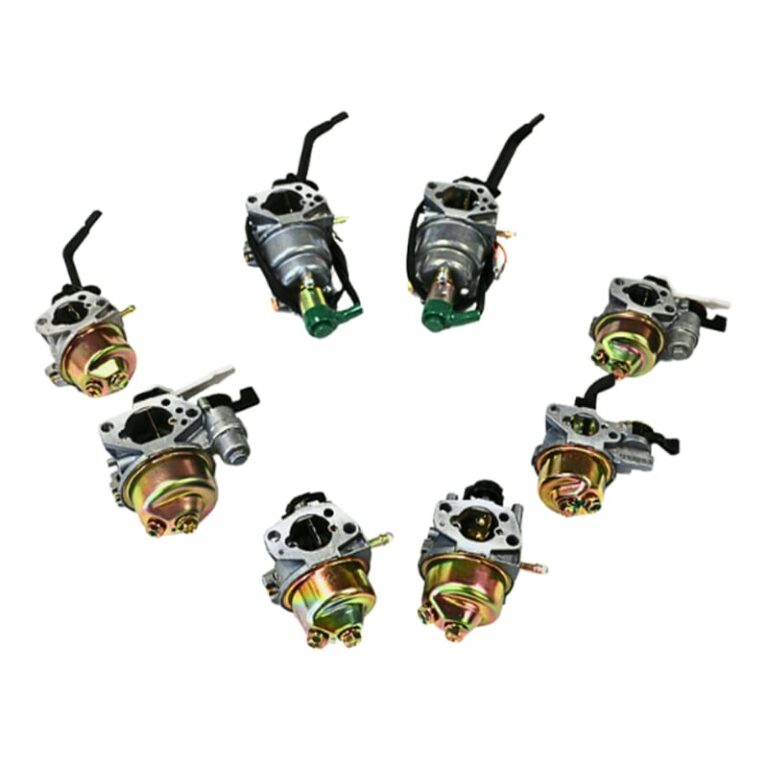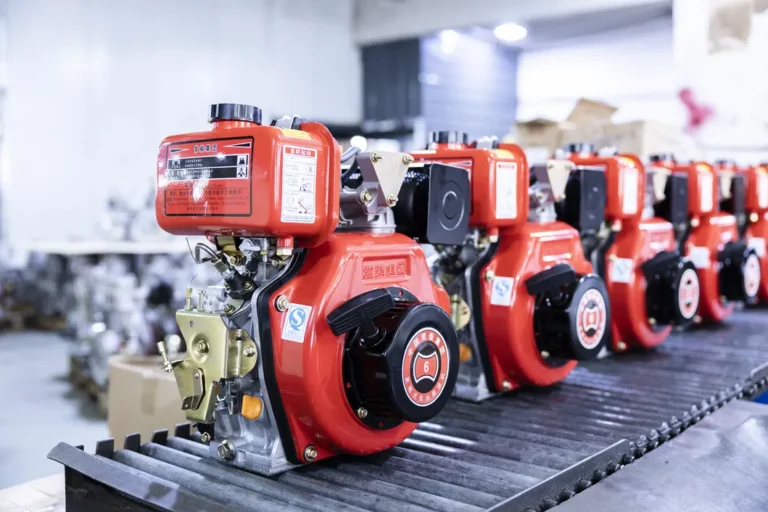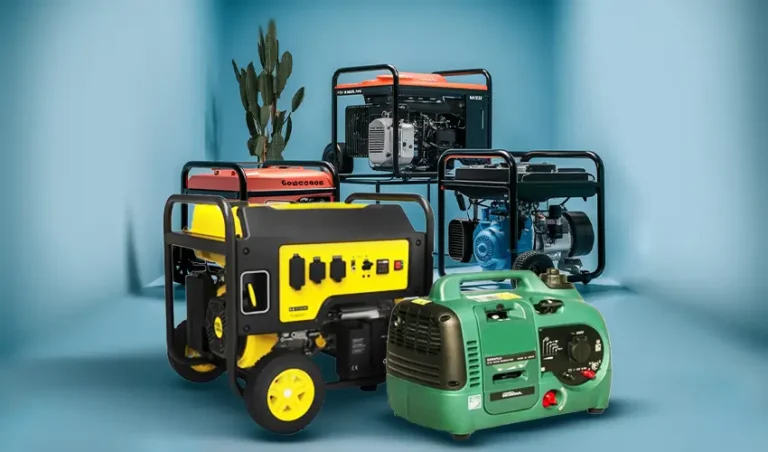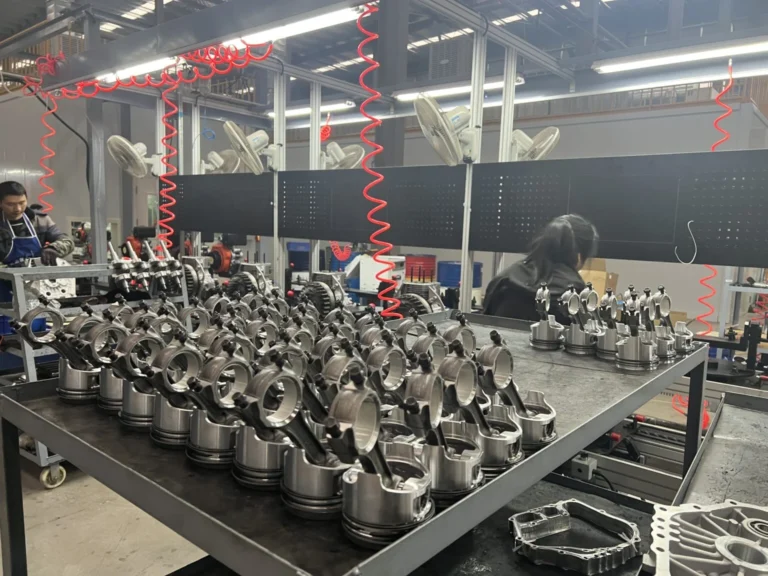The Difference Between Gasoline Generators and Diesel Generators
When it comes to choosing a generator for portable power or backup needs, gasoline and diesel generators are two popular options. Each type has its own distinct characteristics, advantages, and disadvantages. Understanding these differences can help consumers make an informed decision based on their specific needs.
1. Fuel Type and Availability
- Gasoline Generators: These generators run on gasoline, which is typically more readily available and easier to store in smaller quantities than diesel fuel. Gasoline has a shorter shelf life, generally around 3-6 months if not treated for stability.
- Diesel Generators: Diesel generators operate on diesel fuel, which can be more efficient and typically has a longer shelf life of around 6-12 months. Diesel fuel is often more cost-effective, particularly for larger engines and long-term use.
2. Fuel Efficiency and Costs
- Gasoline Generators: Generally, gasoline generators are less fuel-efficient than their diesel counterparts, consuming more fuel for the same amount of power output. However, they usually have a lower initial purchase price, which can be a significant factor for casual users.
- Diesel Generators: Although diesel generators can be more expensive to purchase initially, they offer greater fuel efficiency and longer operating times. They can run for hours on less fuel, making them more economical for heavy-duty use or extended operations.
3. Power Output and Performance
- Gasoline Generators: These units are often lighter and portable, making them ideal for recreational use, camping, and light-duty applications. They’re available in a wide range of sizes, though larger models may struggle with prolonged or intense loads.
- Diesel Generators: Diesel generators are renowned for their power output and durability. They are typically used for larger and more demanding applications, such as construction sites, industrial settings, and backup power for commercial buildings. Their ability to run for extended periods without overheating or requiring frequent refueling makes them a preferred choice for heavy-duty work.
4. Maintenance and Longevity
- Gasoline Generators: These generators usually require more frequent maintenance due to the nature of gasoline fuel, which can lead to issues like carburetor clogging. They generally have a shorter lifespan, often lasting 1,000 to 2,000 hours of use.
- Diesel Generators: While diesel generators can have a higher upfront investment, they tend to be more robust and capable of lasting 5,000 to over 10,000 hours with proper maintenance. Maintenance intervals may be longer, but when extensive repairs are needed, they can be more complex and expensive.
5. Noise Levels
- Gasoline Generators: These generators are often quieter, making them suitable for residential areas or settings where noise control is important.
- Diesel Generators: Generally, diesel engines are louder than gasoline engines. This can be a consideration in noise-sensitive environments like campgrounds or residential neighborhoods.
Conclusion
In summary, the choice between gasoline and diesel generators ultimately depends on the specific needs of the user. Gasoline generators offer portability, lower initial costs, and quieter operation, making them suitable for light-duty applications and recreational use. In contrast, diesel generators provide higher fuel efficiency, longer operating times, and greater durability, ideal for industrial and heavy-duty requirements.
When selecting a generator, consider factors such as power output needs, fuel availability, budget, and intended use to find the best fit for your situation

